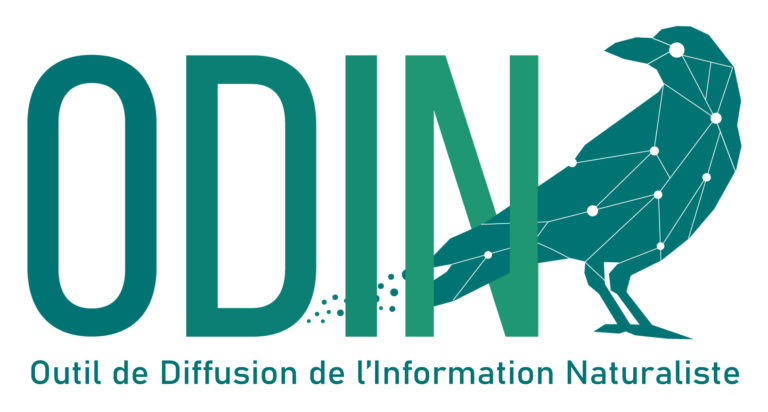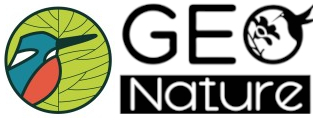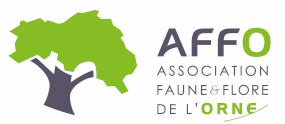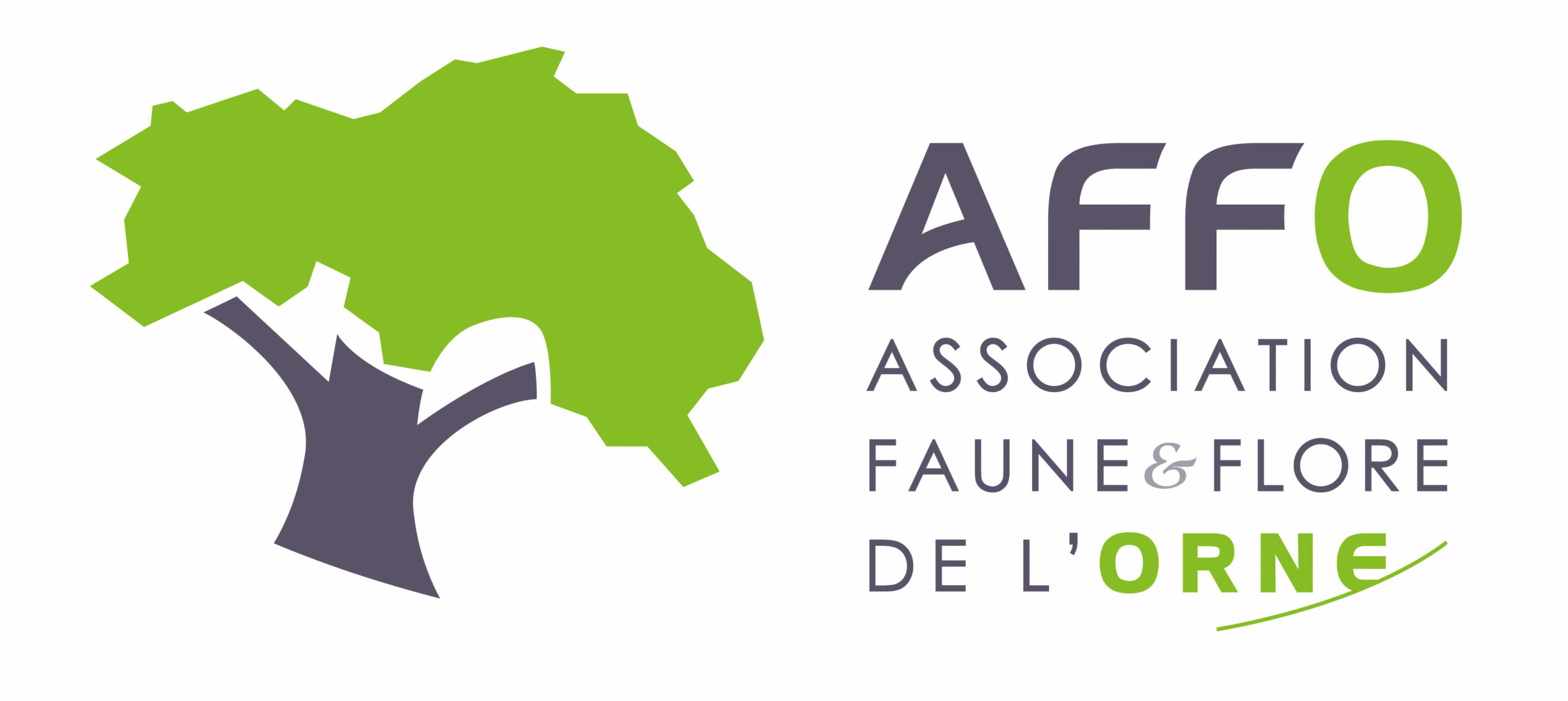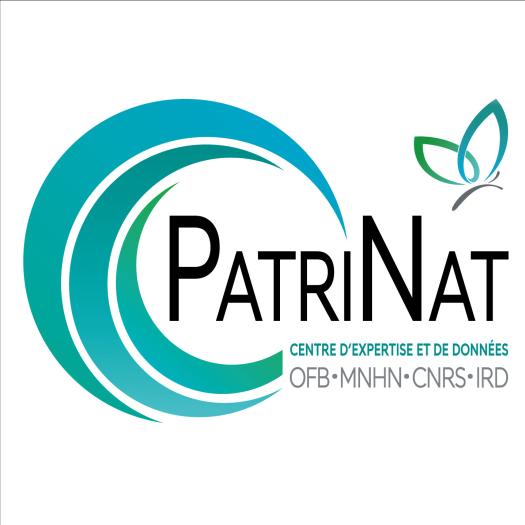Lecanora chlarotera Nyl., 1872
Où cette espèce a-t-elle été observée ?
 Attention : cette espèce peut être présente où il n’y a pas de maille, mais à ce jour elle n’y a pas encore été observée.
Attention : cette espèce peut être présente où il n’y a pas de maille, mais à ce jour elle n’y a pas encore été observée.
Chargement...
- 5 observations
-
4
communes -
4
observateurs
3
organismes -
Première observation
1900 -
Dernière observation
2025
Le Marquer Alain
-
Obs. Non Précisé
-
Poncet Laurent
-
Vaudoré David
-
Association Faune & Flore de l'Orne (AFFO)
Participation à 3 Observations
Part d'aide à la prospection : 60.00 %
Fiche organisme
-
UMS PatriNat (OFB-CNRS-MNHN)
Participation à 1 Observation
Part d'aide à la prospection : 20.00 %
Fiche organisme
Informations espèce
Non renseigné pour le moment
Non renseigné pour le moment
Répartition actuelle en France métropolitaine
© INPN - Avertissement : les données visualisables reflètent l'état d'avancement des connaissances et/ou la disponibilité des données existantes au niveau national : elles ne peuvent en aucun cas être considérées comme exhaustives.
Répartition actuelle dans le monde
Avertissement : les données visualisables reflètent l'état d'avancement des connaissances et/ou la disponibilité des données existantes au niveau mondial : elles ne peuvent en aucun cas être considérées comme exhaustives.
Pas de synonymes pour ce taxon




